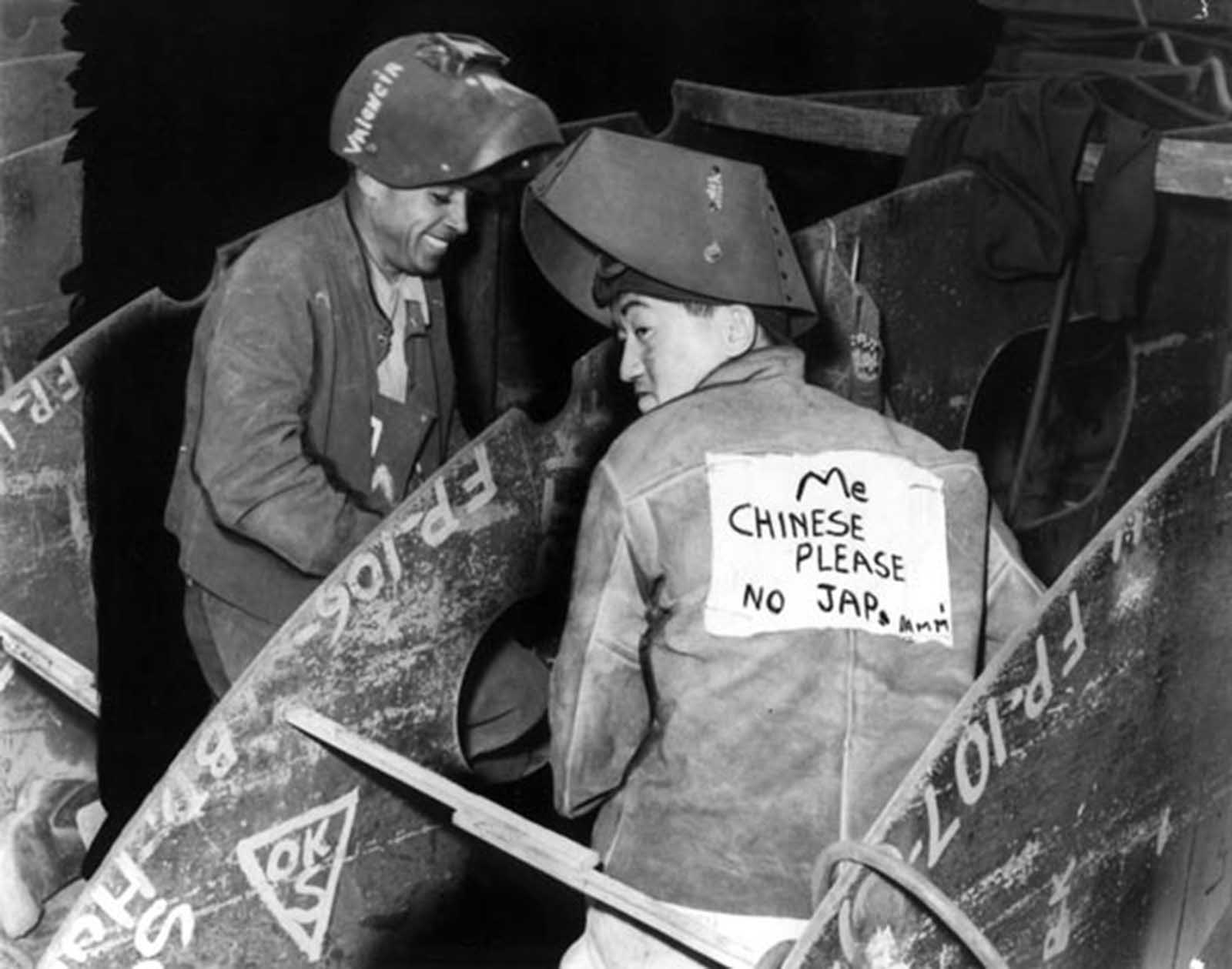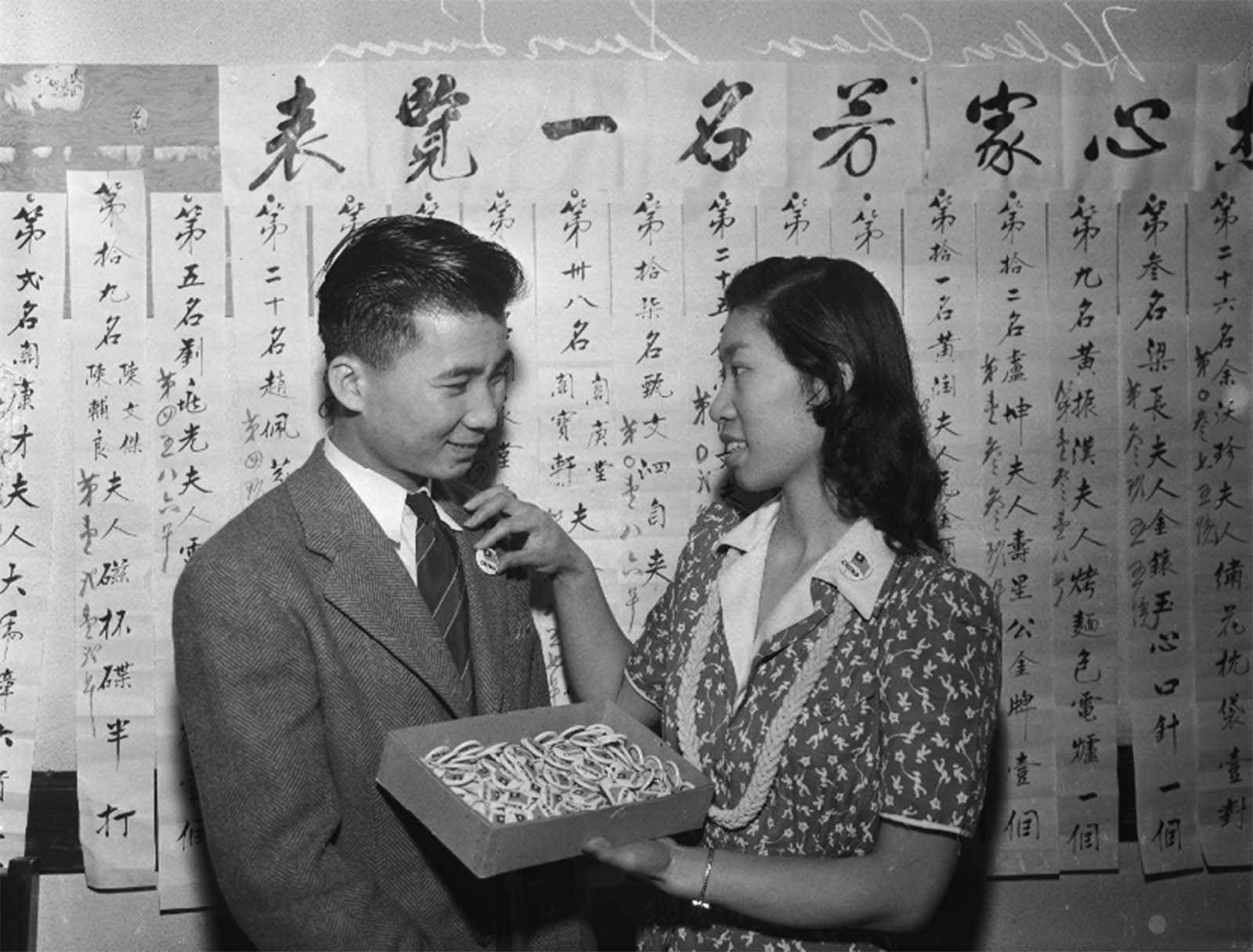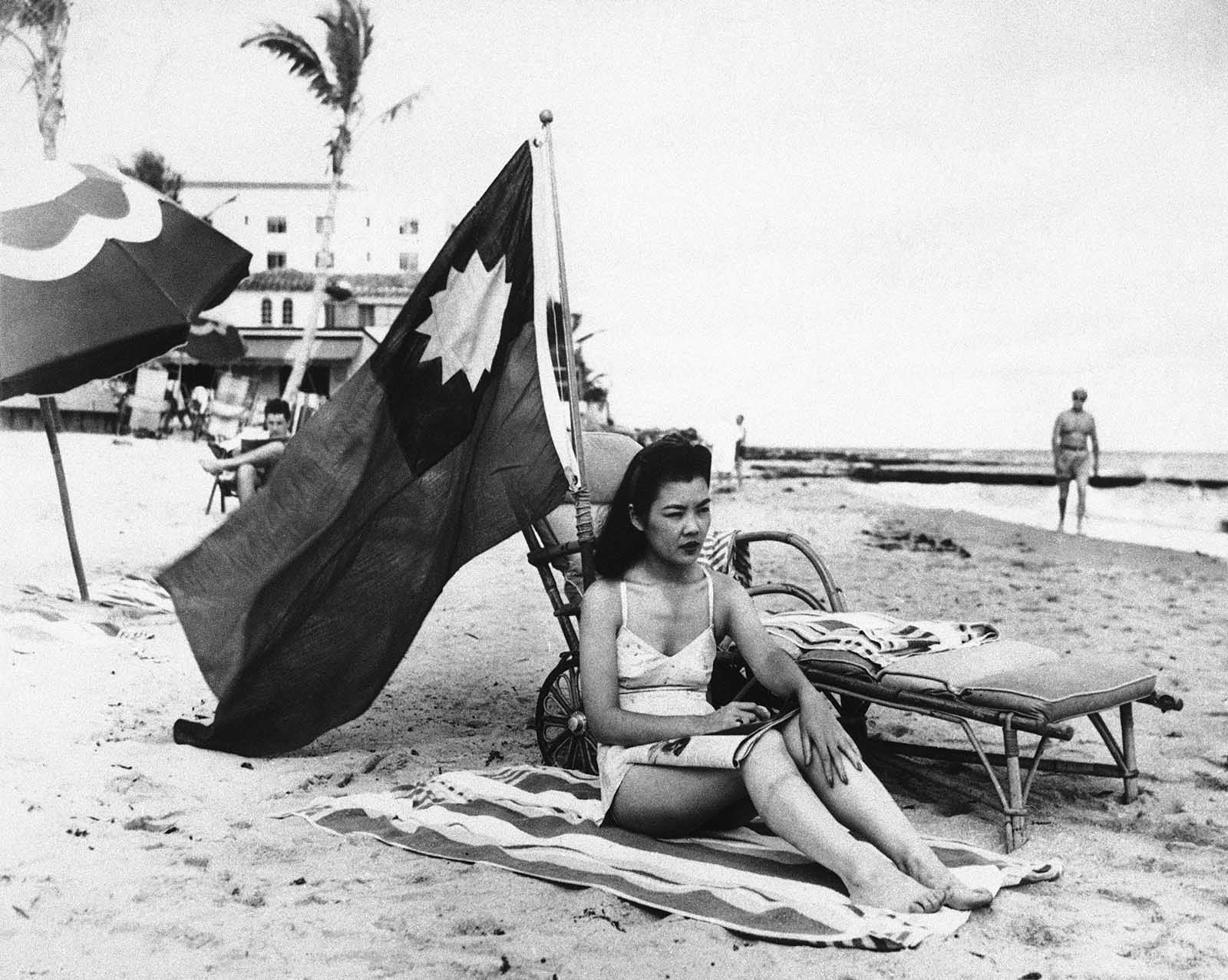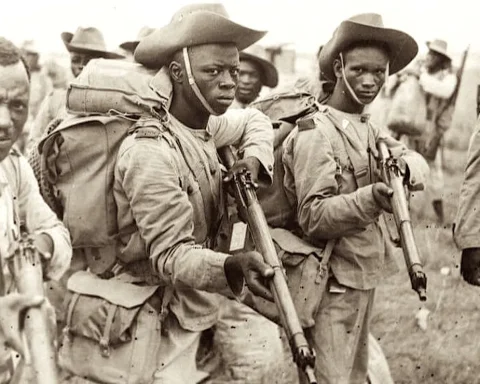
With World War II ending, the abused Chinese began to experience some display of love and support from the Americans who initially abhorred and scorned them.
On migrating to the United States during the Gold Rush, the Chinese went on to build the 1,911-mile Transcontinental Railroad, which helped connect the eastern U.S. rail network at Council Bluffs, Iowa, with the Pacific coast at the Oakland Long Wharf on San Francisco Bay.
However, this did not prevent the narrative of the Americans from turning against them. During the 1870s, the Chinese began receiving racist retaliations against them due to the heavy fight for jobs. They found themselves being a hated and abused minority group, isolated and pushed into small Chinatowns. The 1882 Chinese Exclusion Act, which prohibited all immigration of Chinese labourers for ten years, proved this.
Nonetheless, the surprise military strike carried out by the Imperial Japanese Navy air service against the United States naval base at Pearl Harbor in Honolulu, Territory of Hawaii, on Sunday, December 7, 1941, set the United States narrative of the Chinese apart. Due to the support from the Chinese against the Japanese, they were no longer pagan Chinese; instead, they were known as friends and great allies.
 A congressman in 1943 mentioned that if not for the December 7 attack, the Americans might have never known how good the Chinese Americans were. The panicked Chinese Americans, motivated by fear and to project their undivided loyalty to the American war effort, soon began disassociating themselves from the now hated Japanese. Soon, the Chinese consulates in San Francisco began issuing identification cards to Chinese Americans. Chinese Americans began wearing buttons and badges with inscriptions like “I am Chinese” on them to prove their loyalty to the United States beyond any doubt.
A congressman in 1943 mentioned that if not for the December 7 attack, the Americans might have never known how good the Chinese Americans were. The panicked Chinese Americans, motivated by fear and to project their undivided loyalty to the American war effort, soon began disassociating themselves from the now hated Japanese. Soon, the Chinese consulates in San Francisco began issuing identification cards to Chinese Americans. Chinese Americans began wearing buttons and badges with inscriptions like “I am Chinese” on them to prove their loyalty to the United States beyond any doubt.
The imprisonment of the Japanese was heavily ignored by the Chinese community except for a few individuals, as they were more focused on proving their loyalty to the United States. The imprisonment gave the Chinese a shot at economics, and social advancement as the Chinese merchants quickly took over the Japanese businesses and industries. Also, after the Japanese had been stripped of their jobs, the
United States Employment Service made a call for Chinese Americans to replace them.










